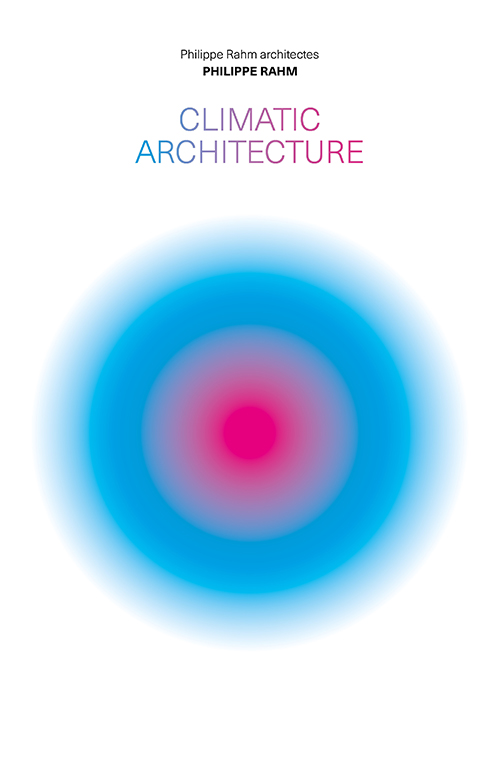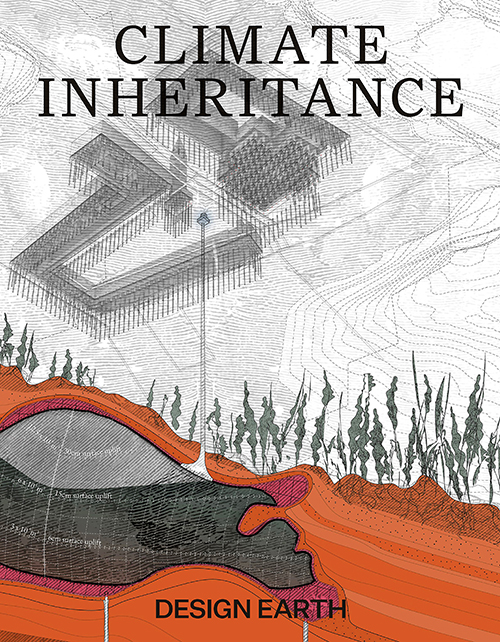
Climatic Architecture
56,00€
Philippe Rahm Architectes
Philippe Rahm
Architecture and urbanism were traditionally based on climate and health, as we can read in the treatises of Vitruvius, Palladio or Alberti, where exposure to wind and sun, variations in temperature and humidity influenced the forms of cities and buildings. These fundamental causes of urban planning and buildings were ignored in the second half of the 20th century thanks to the enormous use of fossil energy by heating and air conditioning systems, pumps and refrigerators, that today cause the greenhouse effect and global warming.
The fight against climate change forces architects and urban designers to take seriously the climatic issue in order to base their design on its local climatic context and energy resources. Faced with the climatic challenge of the 21st century, Climatic Architecture proposes to reset our discipline on its intrinsic atmospheric qualities, where air, light, heat or humidity are recognized are real materials of building, convection, thermal conduction, evaporation, emissivity, or effusivity are becoming design tools for composing architecture and cities, and through materialism dialectic, are able to revolutionize esthetic and social values.
Description
Author: Philippe Rahm
Editors: Philippe Rahm architectes
Size: 20 x 30 cm. / 7,9 x 11,8 in.
Pages: 360
Illustrations: Color
Cover: Hardcover
Publication date: September 2023
Published by: Actar Publishers
ISBN: English 9781638400394
Price: 56€/ $64.95/ £56
Additional information
| Weight | 1 kg |
|---|---|
| Authors | Philippe Rahm |
| excerpt | This book is at the same time a monograph on the architectural, urbanistic and landscape work of the office "Philippe Rahm architectes", a manifesto for a climatic architecture to face global warming. |
You may also like…
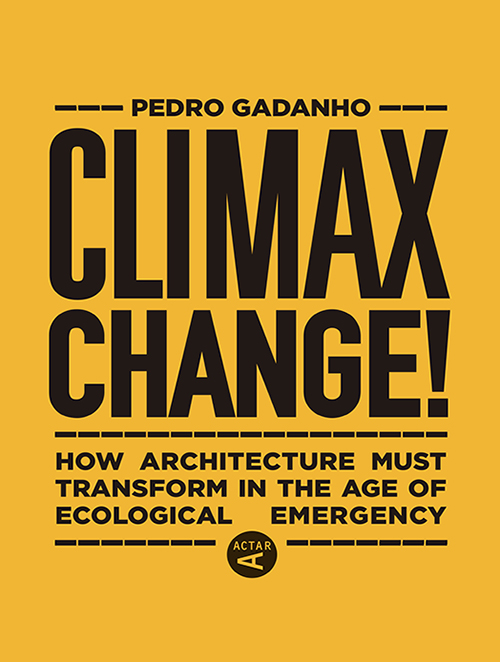
Climax Change!
How Architecture Must Transform in the Age of Ecological Emergency
Pedro Gadanho
Climax Change! offers an overview of how the current environmental emergency will impact the practice of architecture. At a crossroads in which the construction sector and built environment produce nearly 40% of greenhouse gases accountable for global warming, architects are just starting to acknowledge their complicity in an impending disaster.
In need of a paradigm shift similar to that of the Modern Movement, architecture desperately requires clear guidelines and targets so as to operate its inevitable transformation towards an ecologically-friendly design logic. From historical analyses of ecocide or the environmental avant-gardes, to topics such as decarbonization, degrowth, the Great Transition and the aspirations of Green New Deals, this book features ten essays around today's climate change debates, bringing them home to architectural thinking.
EBOOK VERSION
40,00€
Buy Ebook 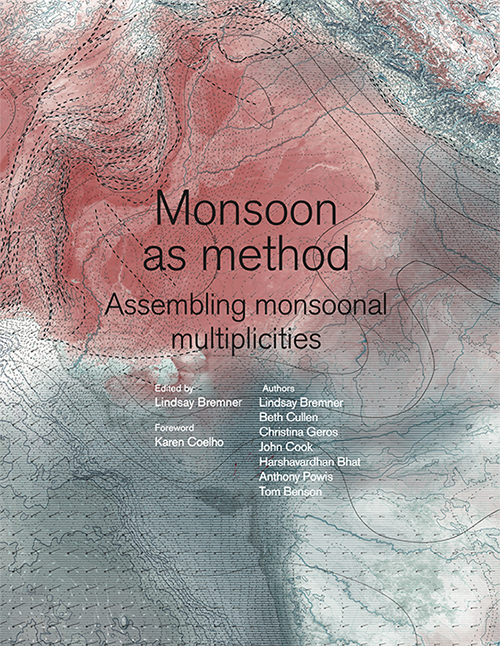
Monsoon as Method
Assembling Monsoonal Multiplicities
Lindsay Bremner, Beth Cullen, Christina Geros, Harshavardhan Bhat, Anthony Powis, John Cook, Tom Benson
The book presents the methods that Monsoon Assemblages has evolved for engaging the monsoon, a globally connected weather system, as a co-producer of urban life and space in South and Southeast Asian cities. It challenges views of climate as an inert backdrop to urban life, instead suggesting that it is materially and spatially active in shaping urban politics, ecologies, infrastructures, buildings and bodies. The book invites urban practitioners, from architects to policy makers, to think differently about space, time, representation and human and non-human agency. It offers intra-disciplinary, intra-active methods for rethinking human and non-human relations with weather in ways that meet the challenges of climate change and the Anthropocene.
Foreword by Karen Coelho.
EBOOK EDITION
40,00€
Buy Ebook 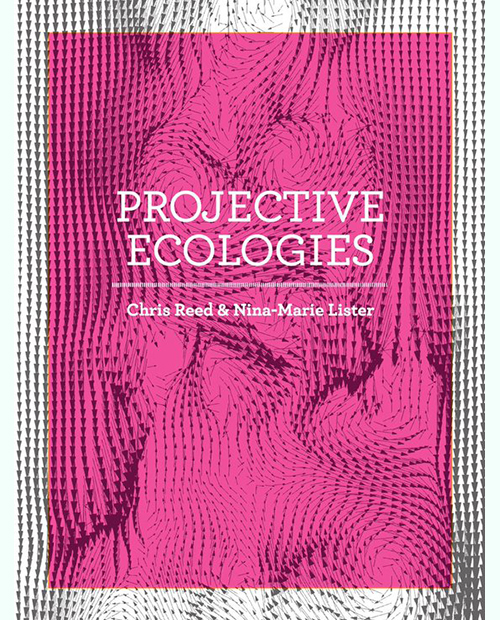

Projective Ecologies
Ecology, Research, and Design in the Climate Age
Chris Reed & Nina-Marie Lister (eds.)
The past two decades have witnessed a resurgence of ecological ideas and ecological thinking in discussions of urbanism, society, culture, and design. The field of ecology has moved from classical determinism and a reductionist Newtonian concern with stability, certainty, and order in favor of more contemporary understandings of dynamic systemic change and the related phenomena of adaptability, resilience, and flexibility. But ecology is not simply a project of the natural sciences. Researchers, theorists, social commentators, and designers have all used ecology as a broader idea or metaphor for a set of conditions and relationships with political, economic, and social implications. Projective Ecologies takes stock of the diversity of contemporary ecological research and theory— embracing Felix Guattari's broader definition of ecology as at once environmental, social, and existential— and speculates on potential paths forward for design practices. Where are

